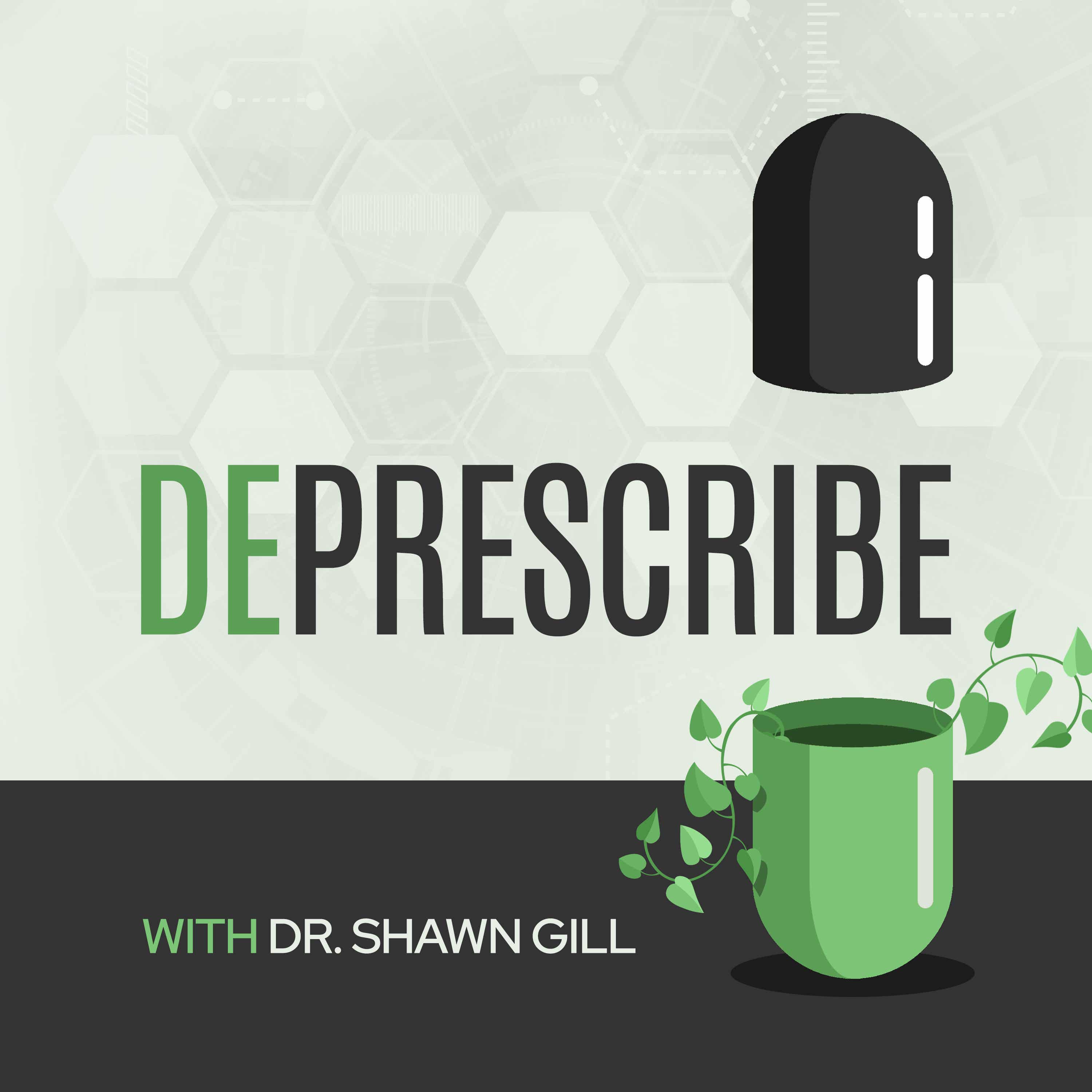Science Savvy: The Science of Friendship: Giggles, Bonding, and Learning
Update: 2025-01-04
Description
Join us for lots of giggles and lots of science! In this episode of Science Savvy, I am joined by my bestie of 10 years, Dasha, to dive into the science behind long-term friendships. We explore how your brain syncs up with your closest friends, how oxytocin makes you feel all warm and fuzzy, and why those group chats and weekend hangouts are actually boosting your health and happiness. Find out how your bestie might just be the key to living a longer, healthier life!
Further Reading and References:
Dunbar, R. I. M. (2018). Friends: Understanding the Power of Our Most Important Relationships. Little, Brown Spark.
Parkinson, C., Kleinbaum, A. M., & Wheatley, T. (2018). "Similar neural responses predict friendship." Nature Communications.
Holt-Lunstad, J., Smith, T. B., & Layton, J. B. (2010). "Social relationships and mortality risk: A meta-analytic review." PLoS Medicine.
Lieberman, M. D. (2013). Social: Why Our Brains Are Wired to Connect. Crown Publishers.
Cohen, S., & Wills, T. A. (1985). "Stress, social support, and the buffering hypothesis." Psychological Bulletin.
Lunn, N. (2021). Conversations on Love. Viking.
Holt-Lunstad, J. (2018). "Why social relationships are important for physical health: A systems approach to understanding and modifying risk and protection." Annual Review of Psychology.
Haslam, C., & Jetten, J. (2014). "Social connectedness and health in older adults." Journal of Aging and Health.
Roberts, S. G., & Dunbar, R. I. (2011). "Communication in social networks: Effects of kinship, network size, and emotional closeness." Personal Relationships.
Langan, K. A., & Purvis, J. M. (2020). "Long-distance friendship maintenance: An application of expectancy violation theory and the investment model." Current Opinion in Psychology.
Further Reading and References:
Dunbar, R. I. M. (2018). Friends: Understanding the Power of Our Most Important Relationships. Little, Brown Spark.
Parkinson, C., Kleinbaum, A. M., & Wheatley, T. (2018). "Similar neural responses predict friendship." Nature Communications.
Holt-Lunstad, J., Smith, T. B., & Layton, J. B. (2010). "Social relationships and mortality risk: A meta-analytic review." PLoS Medicine.
Lieberman, M. D. (2013). Social: Why Our Brains Are Wired to Connect. Crown Publishers.
Cohen, S., & Wills, T. A. (1985). "Stress, social support, and the buffering hypothesis." Psychological Bulletin.
Lunn, N. (2021). Conversations on Love. Viking.
Holt-Lunstad, J. (2018). "Why social relationships are important for physical health: A systems approach to understanding and modifying risk and protection." Annual Review of Psychology.
Haslam, C., & Jetten, J. (2014). "Social connectedness and health in older adults." Journal of Aging and Health.
Roberts, S. G., & Dunbar, R. I. (2011). "Communication in social networks: Effects of kinship, network size, and emotional closeness." Personal Relationships.
Langan, K. A., & Purvis, J. M. (2020). "Long-distance friendship maintenance: An application of expectancy violation theory and the investment model." Current Opinion in Psychology.
Episode: https://sciencesavvy.podbean.com/e/friendship/
Podcast: https://sciencesavvy.podbean.com
Comments
Top Podcasts
The Best New Comedy Podcast Right Now – June 2024The Best News Podcast Right Now – June 2024The Best New Business Podcast Right Now – June 2024The Best New Sports Podcast Right Now – June 2024The Best New True Crime Podcast Right Now – June 2024The Best New Joe Rogan Experience Podcast Right Now – June 20The Best New Dan Bongino Show Podcast Right Now – June 20The Best New Mark Levin Podcast – June 2024
In Channel

























